Jvc Mini Dv Camcorder Transfer To Computer

The digital landscape is littered with obsolete formats, each holding precious memories hostage. Among these relics, the JVC Mini DV camcorder stands as a particularly poignant example, its tapes containing countless family vacations, school plays, and once-in-a-lifetime events now trapped by technological obsolescence. The challenge of transferring these analog recordings to modern, accessible digital formats has become a pressing concern for many seeking to preserve their personal histories.
This article delves into the intricate process of transferring Mini DV footage from JVC camcorders to computers, examining the technical hurdles, available solutions, and the long-term implications of preserving these analog memories in the digital age. We will explore the equipment needed, the software options available, and the potential pitfalls that users may encounter. Furthermore, we'll consider the archival quality of different transfer methods and the best practices for ensuring the longevity of these digitized memories.
The Technical Obstacles of Mini DV Transfer
The primary challenge lies in the incompatibility between the Mini DV format and modern computer systems. Mini DV camcorders record video in an analog format that requires specialized hardware and software for conversion. This means a direct connection via USB is typically insufficient for transferring high-quality video; instead, FireWire (IEEE 1394) is generally required.
FireWire, a once-ubiquitous interface for video transfer, is now largely absent from modern computers. This necessitates the use of adapter cards or older computers equipped with FireWire ports. Finding compatible drivers and software for these older interfaces can also present a significant challenge.
Hardware and Software Solutions
The core hardware requirement is a JVC Mini DV camcorder in working order, a computer with a FireWire port (or a FireWire adapter), and a FireWire cable. Many users report success with PCI-e FireWire adapter cards, which can be installed in desktop computers. Laptop users might need to explore ExpressCard or Thunderbolt-to-FireWire adapters, though compatibility can vary.
On the software front, several options exist. Windows Movie Maker, despite its age, is a surprisingly capable tool for capturing video via FireWire. Apple's iMovie, on older macOS versions, also provides excellent FireWire capture capabilities. For more advanced options, professional video editing software like Adobe Premiere Pro or Final Cut Pro can be used, though they require a subscription or purchase.
It is important to note that some free or open-source options, such as DVIO, are available. These tools often require more technical expertise to configure and use effectively. Before using any tool, it is imperative to verify if the tool will be compatible with your machine.
The Transfer Process: A Step-by-Step Guide
The process typically involves connecting the JVC Mini DV camcorder to the computer via FireWire, setting the camcorder to playback mode, and launching the chosen video capture software. The software then needs to be configured to recognize the camcorder as a video source. Once the connection is established, users can begin capturing the video footage in real-time.
During the transfer, it is crucial to monitor the video feed for any interruptions or errors. Dropped frames or audio synchronization issues can occur, especially with older equipment. Regularly cleaning the camcorder's heads with a Mini DV head cleaning tape can help prevent such problems.
After capture, the video files can be edited and converted into more modern formats like MP4 for easier sharing and storage. It's wise to create multiple backups of the digitized footage on different storage media to guard against data loss.
Archival Considerations and Future-Proofing
The long-term preservation of digitized Mini DV footage requires careful consideration. While MP4 is a widely compatible format, future codecs and storage technologies may render it obsolete. Creating archival copies in lossless formats, such as AVI or MOV with minimal compression, is recommended for long-term storage.
"Consider storing your data on multiple cloud services and physical drives as well"
Metadata is also crucial for archival purposes. Adding descriptive tags, dates, and location information to the video files will greatly enhance their searchability and usability in the future. This ensures that the digitized memories remain accessible and meaningful for generations to come.
The Broader Implications of Format Obsolescence
The challenges associated with transferring Mini DV footage highlight a broader issue: the rapid obsolescence of digital media formats. As technology continues to evolve at an accelerating pace, individuals and institutions face the constant challenge of migrating their data to new formats. This underscores the importance of adopting preservation strategies that prioritize long-term accessibility and compatibility.
While the process can be daunting, successfully transferring Mini DV footage from JVC camcorders to computers offers a vital lifeline to cherished memories. By understanding the technical challenges, employing appropriate hardware and software solutions, and implementing robust archival strategies, individuals can ensure that their personal histories are preserved for future generations.

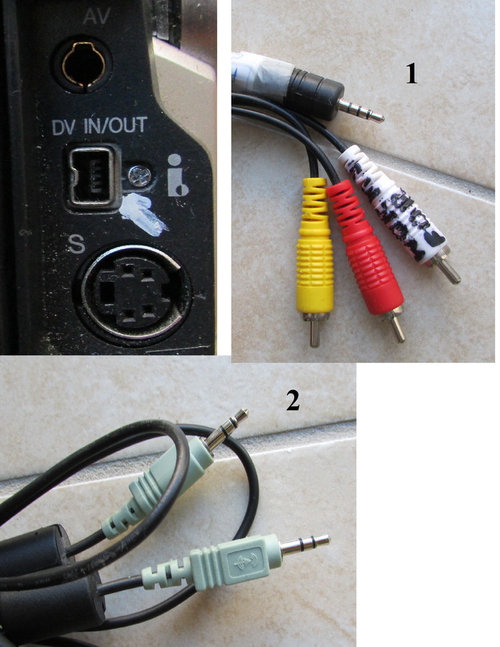

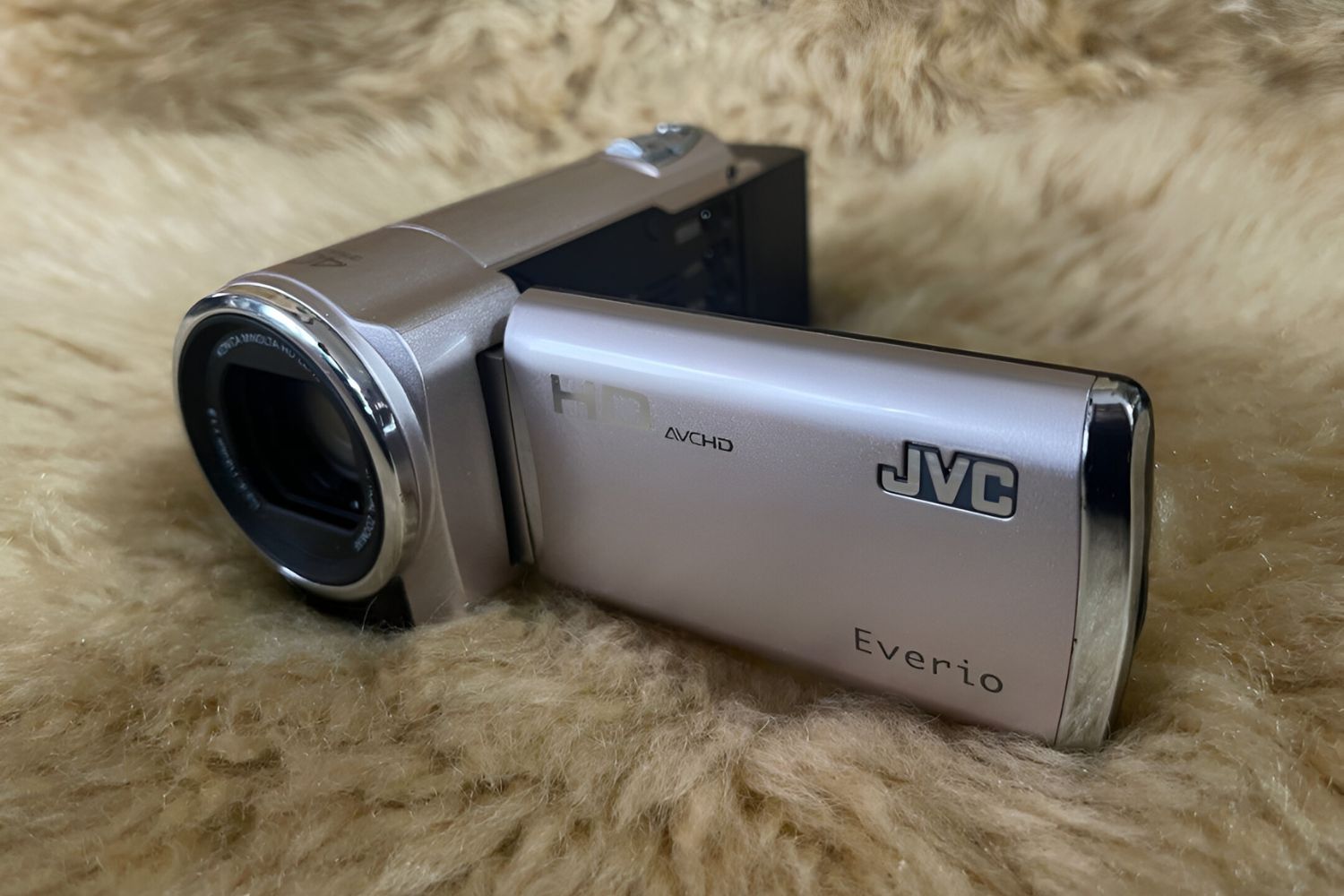
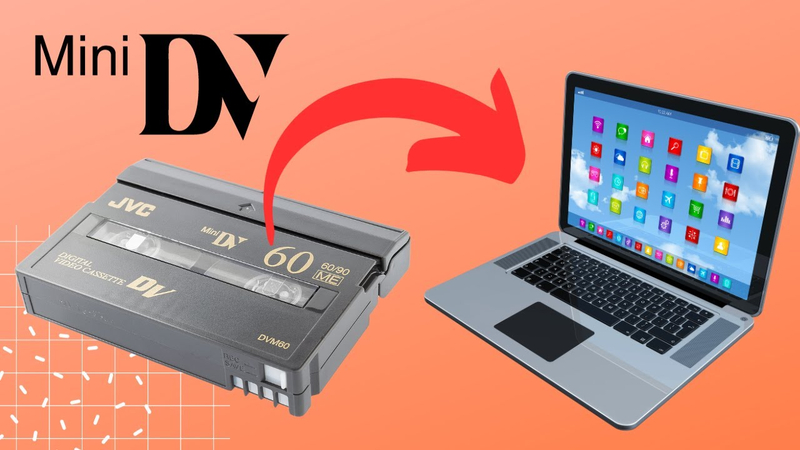
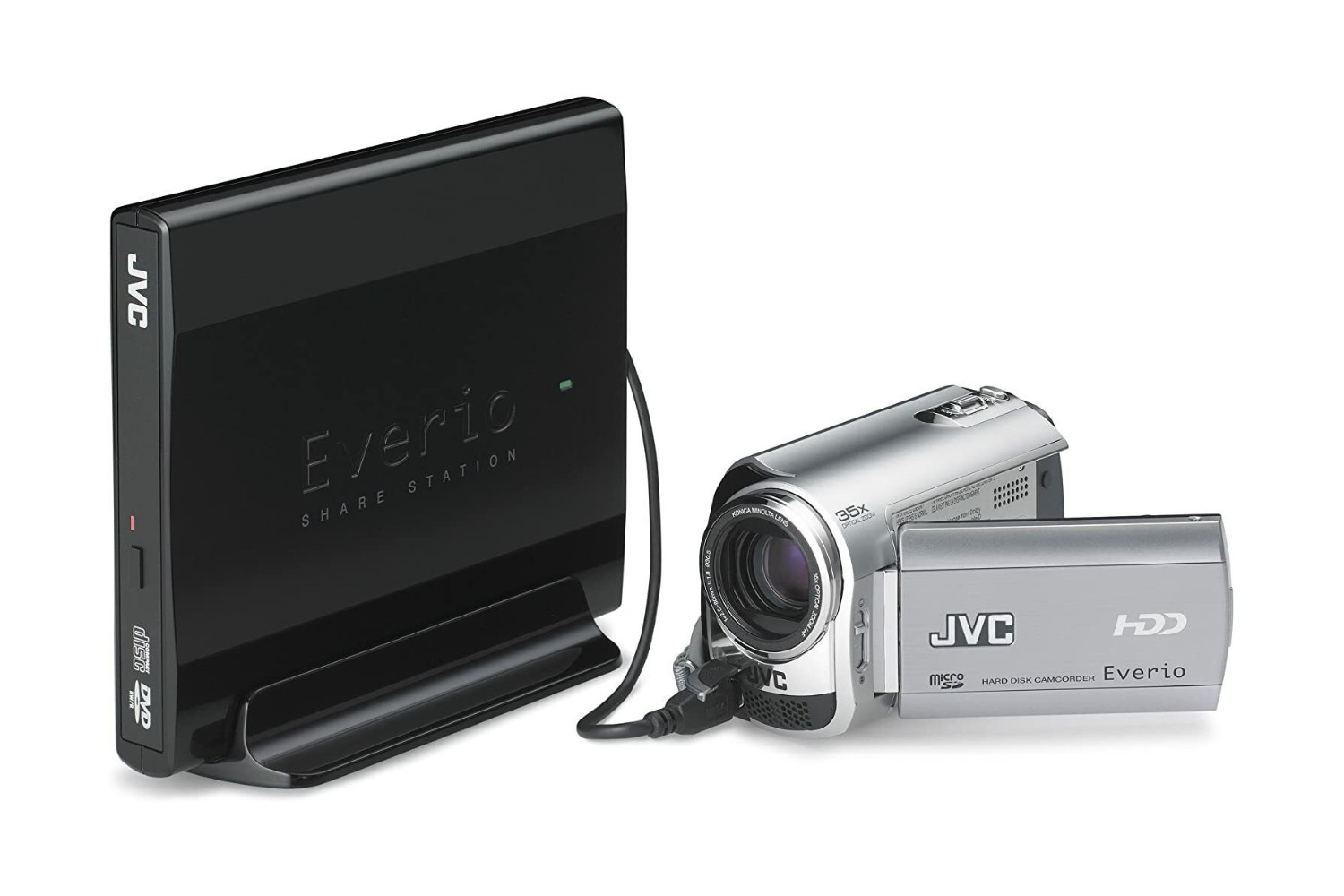



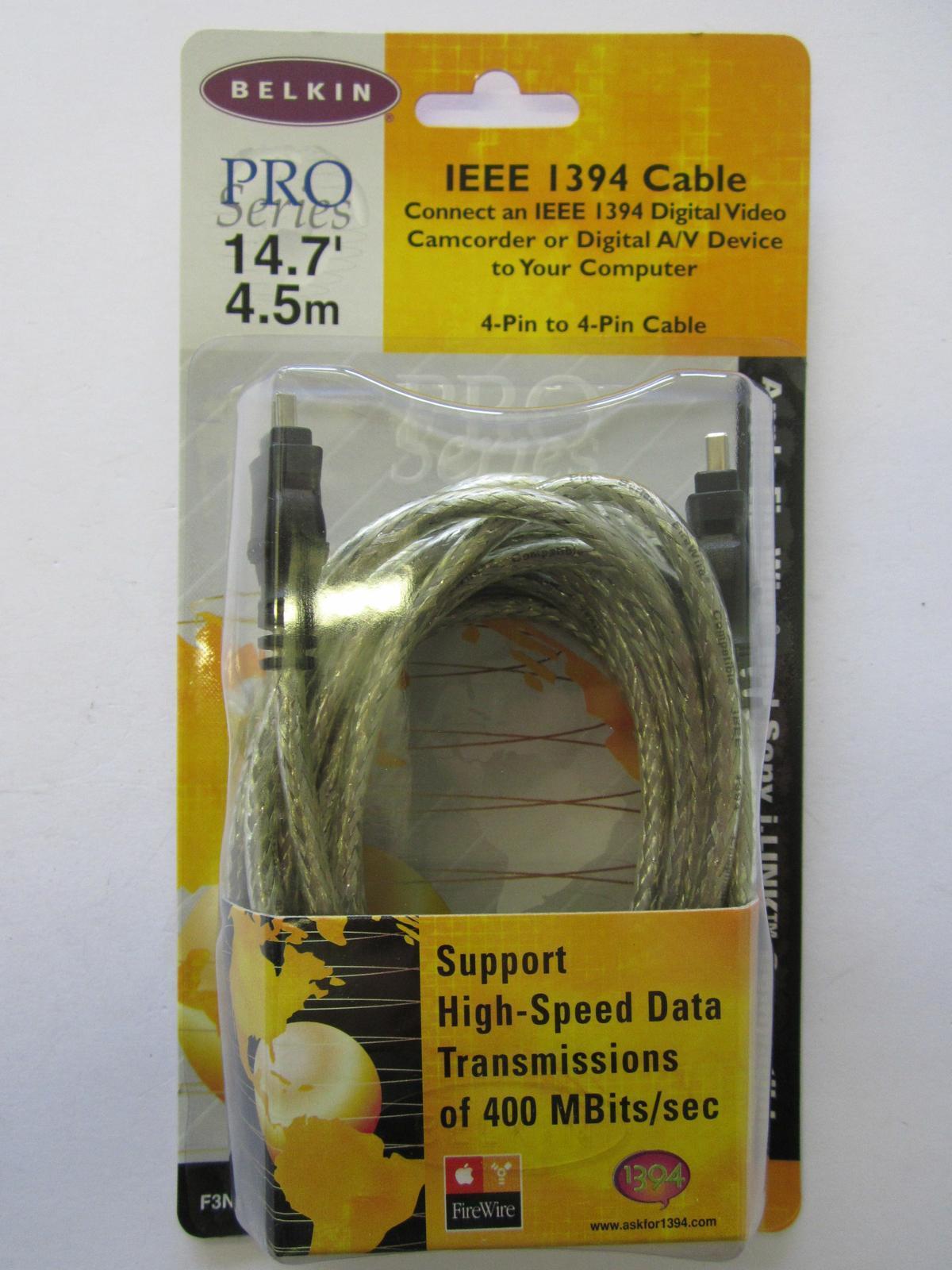


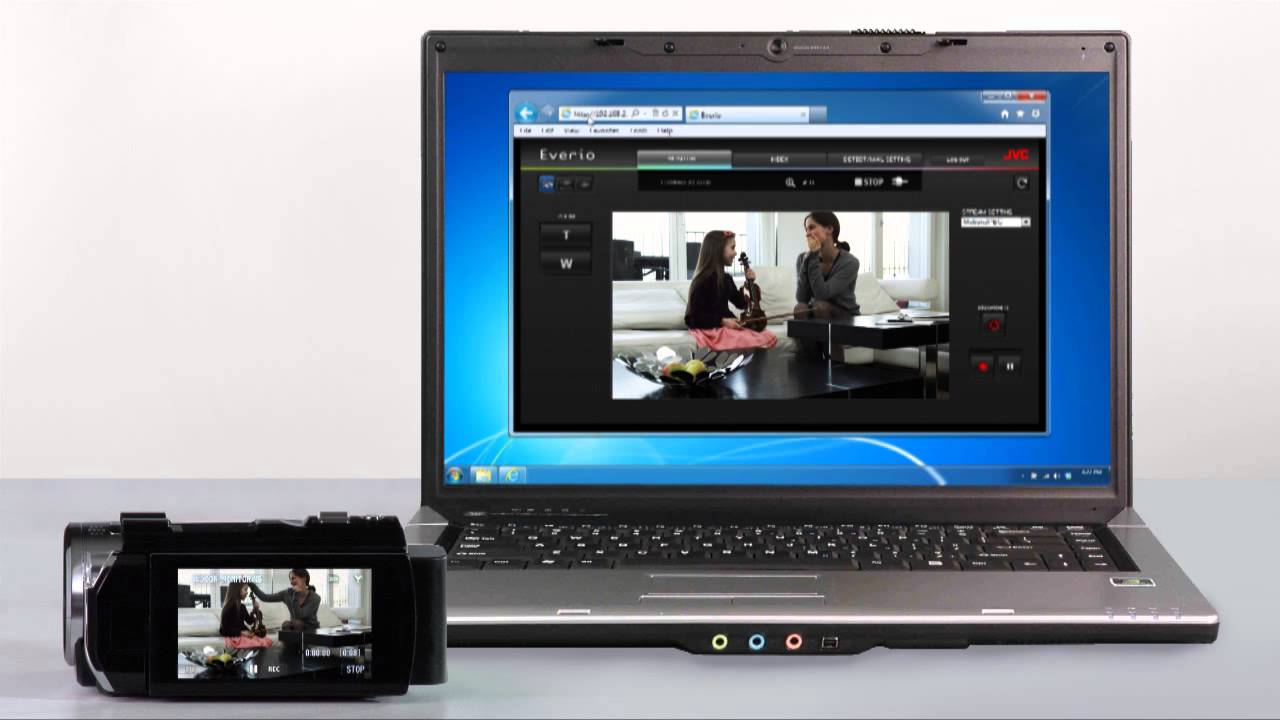
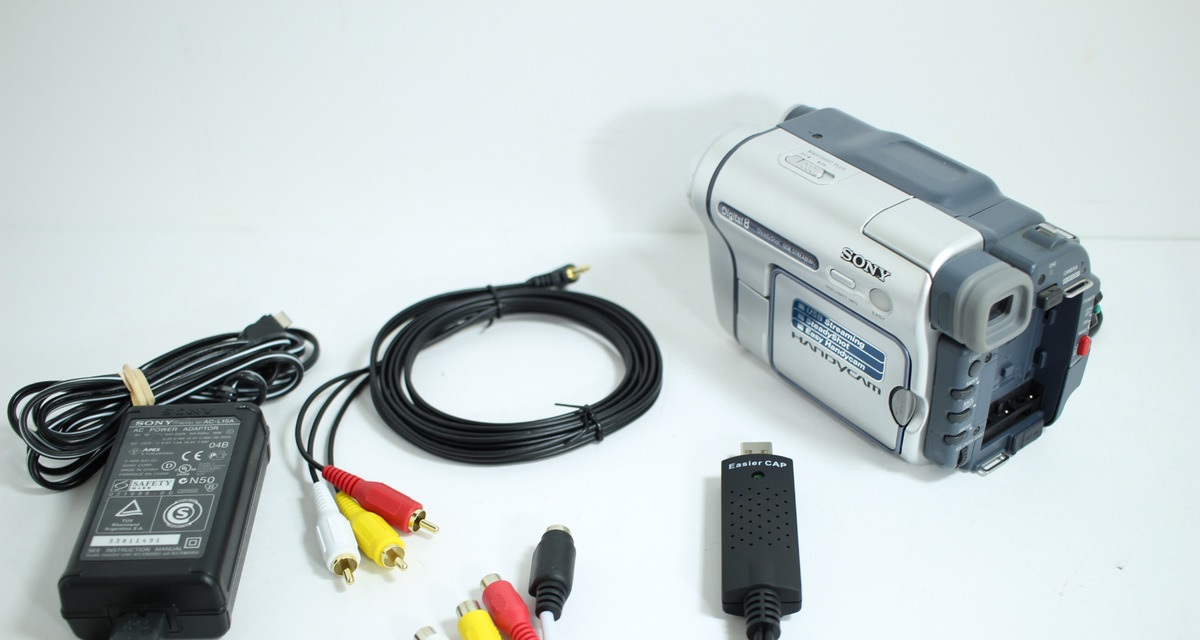

:max_bytes(150000):strip_icc()/PANASONIC-MINI-DV-b-1500-dark-yellow-a66bfb775bd54249b1076f16189ee850.jpg)


